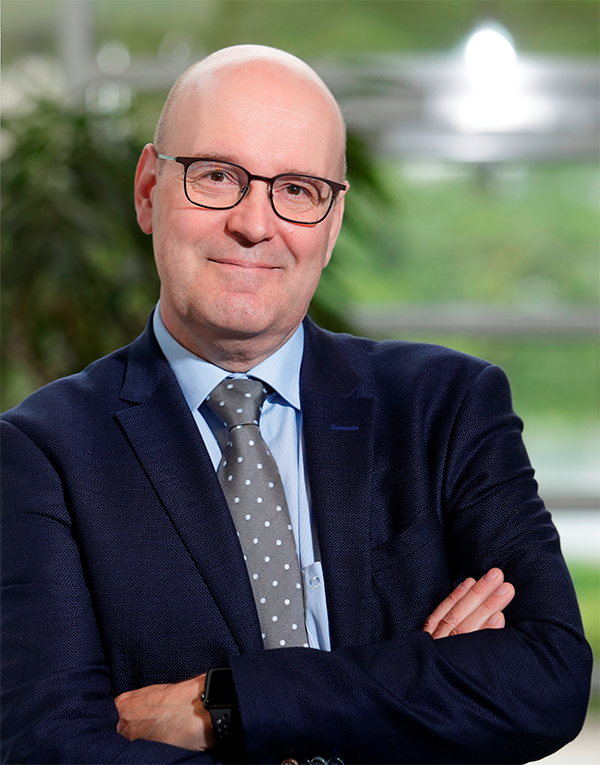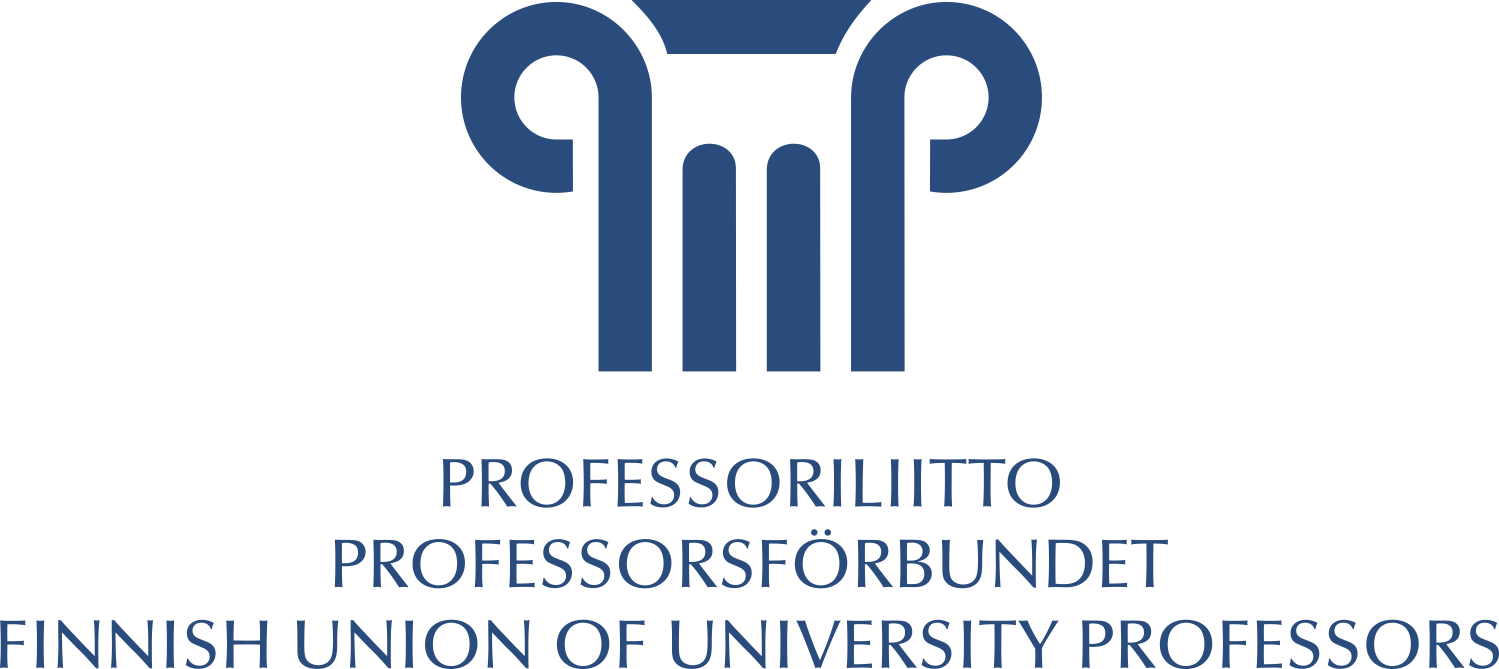Introducing Jukka Pellinen, Chair of the Council of the Finnish Union of University Professors
Jukka Pellinen started as Chair of the Union’s Council on 1 January 2025.
Tell us briefly about your own work as a professor.
I work as a Professor of Management Accounting at the University of Jyväskylä. I am the supervising professor, i.e., the immediate supervisor of the team responsible for the Accounting and Corporate Finance and Commercial Law education at our university’s School of Business.
The work of a professor is exciting because the tasks and emphases between them vary. During my time as dean, I steamed through international quality accreditations and was also involved in starting the Association of Business Schools Finland (ABS). My expertise is probably also central to the EMBA leadership training, because I have always been active in it in different ways.
My research interest has revolved around accounting, administrative and organisational change. The research topics have expanded from strategic management accounting to corporate tax reforms, various sustainability themes, risk management, and venture or growth and impact investing.
Tell us something about yourself that is not related to your work.
The work is counterbalanced by family and various hobby circles. Masters competitive swimming inspires you to grab high-quality training kilometres in the pool during the winter season. In the summer, on the other hand, jogging on the beach walkway and spending time at the cottage on the shore of Lake Puruvesi with all the activities that go with it are nice.
Why should one be a member of the Finnish Union of University Professors?
Professors are interesting people, and together we are quite an elite group. Typically, we spend a lot of time in our own dugouts. In the midst of the daily rush of research and teaching, it is good to remind ourselves from time to time what it means to be a professor. Community support is important. You never know when you will need help. We celebrate each other’s achievements and provide support in difficult places. At the local and national meetings of the Finnish Union of University Professors, you can get to know top experts in fields that are previously unfamiliar to you and exchange ideas about the different practices and situations of different universities. We typically have fun, in good company. In addition to issues, the spirit is also important.
Of course, the Union is a real trade union which actively contributes to ensuring that we have good conditions to excel in our work and receive the compensation we deserve for it. In science and higher education, we often have very similar interests to pursue as the management of universities. Every member is valuable in this work of advocacy.

What kind of roles have you held in the Finnish Union of University Professors before?
I joined as soon as I became a professor at the University of Jyväskylä in 2004. After that, I acted as a representative of my faculty in my university’s local committee and also as the chair of the local chapter. This happened to be the time of the reform of the Universities Act. Since then, I have served in the Council, as its Vice Chair and since the beginning of this year, as the Chair of the Council.
In your view, what are the most important things on the Union’s agenda for the next two years?
The first thing that comes to mind is a part of the Union’s management, i.e., strategy work, which offers an excellent opportunity to evaluate operations, review the priorities of operations and set goals based on a situational picture. As such, there is hardly any need for major changes. The basic tasks have evolved over the decades. On the other hand, the picture of the times is very peculiar. Perhaps the Union and its activities are needed more in all respects.
Secondly, concrete advocacy work comes to mind. The Collective Agreement is important for salary development and working conditions. The professor’s salary should be increased, and more time should be spent on research. On the other hand, we must constantly influence the appreciation of science, art and higher education. The will to increase the funding of universities and RDI activities, from which the salary increases of professors could be paid, depends on this to a large extent.
This brings us to the third important issue, which is to remind the central decision-makers in the country that science and education are the foundation of well-being and the competitiveness of our country’s business life. Thinking about the next two years, the geopolitical crisis will probably cause a lot of uncertainty and major changes, which will also be reflected in the university field. Promises to raise the level of Finland’s RDI funding alongside increasing defence spending seem like good decisions in principle. However, there is still a lot of uncertainty related to the development of central government funding for universities.
Especially in such a technological, economic and political upheaval, the value of high-quality, diverse and free science and education based on it, is emphasised. Our chances of coming up with solutions to genuinely new and even surprising problems are better the more diverse and high-quality research-based information is available.
